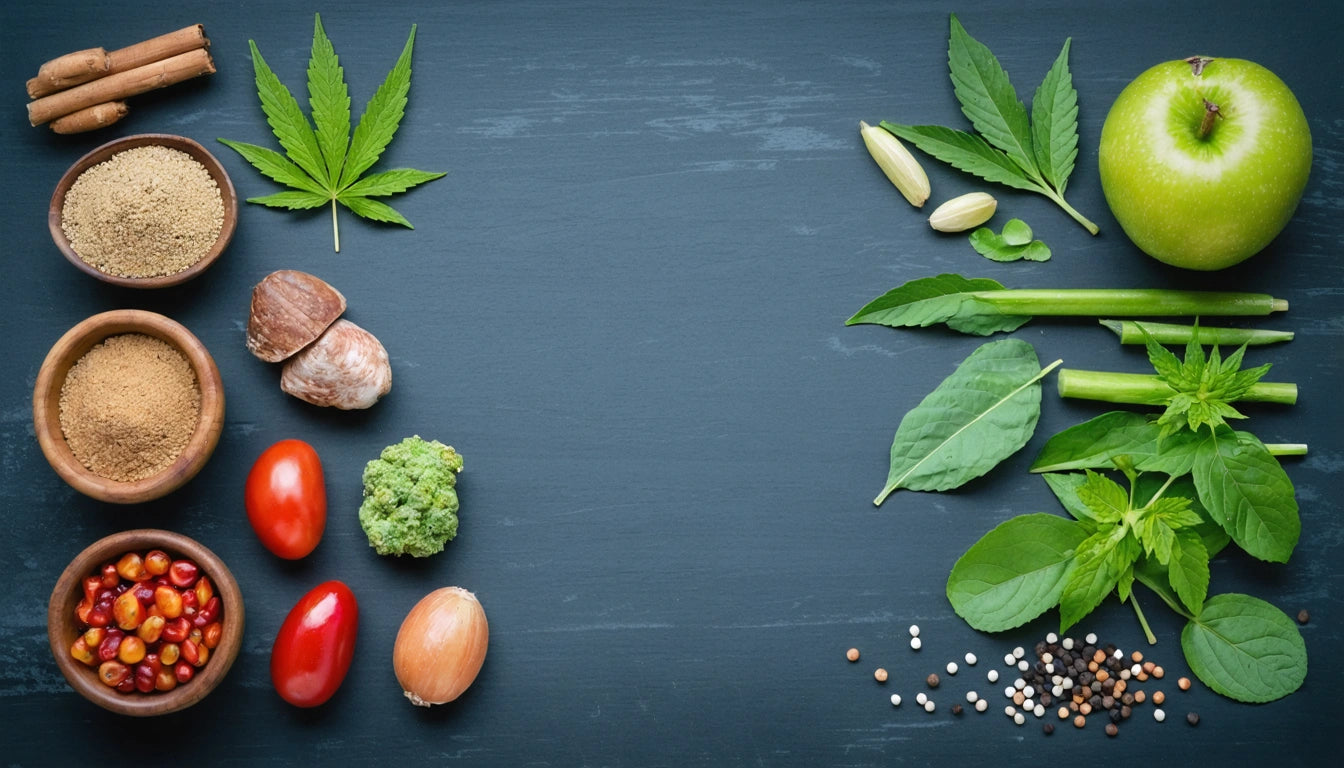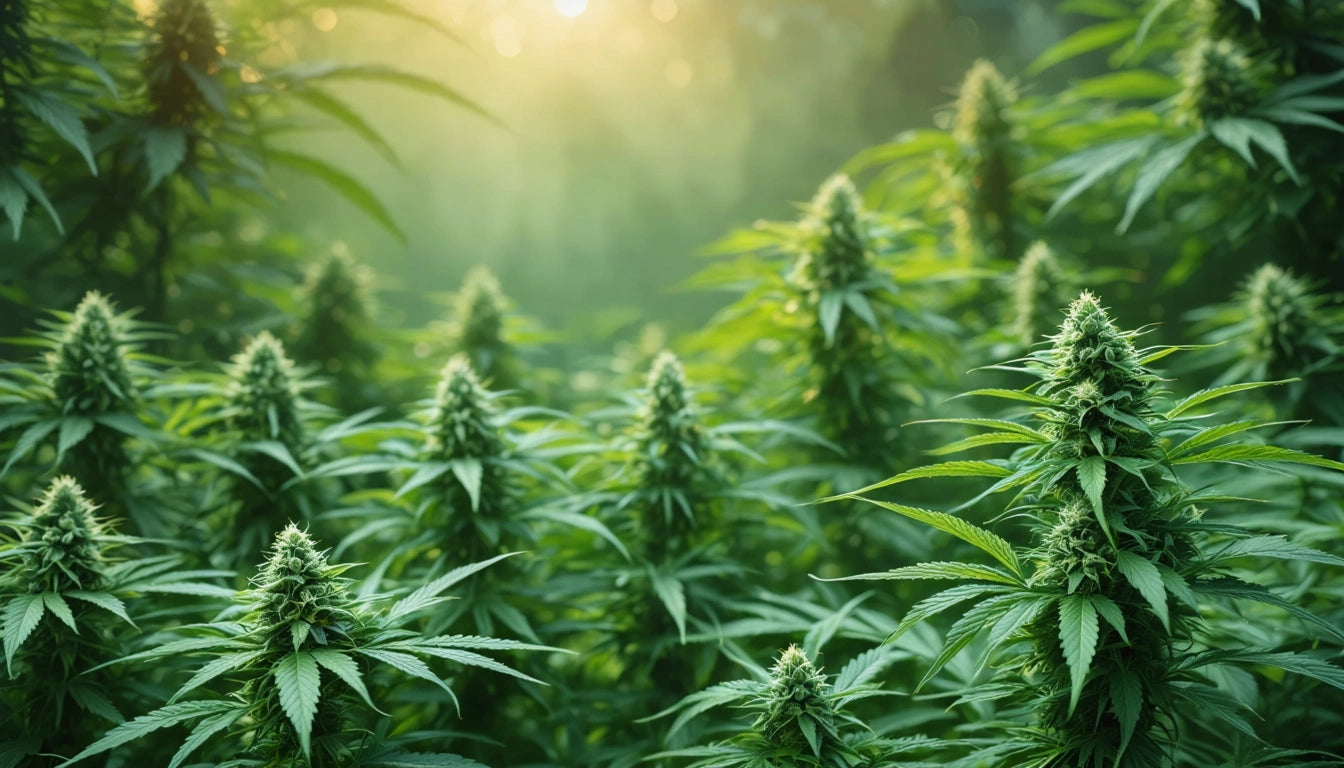Table of Contents
Understanding the Impact of Edibles on Stomach Health and Liver Function
Cannabis edibles offer an alternative consumption method that avoids the respiratory risks of smoking, but they introduce unique considerations for digestive health. As edibles pass through the gastrointestinal system before entering the bloodstream, they interact with the stomach and liver in ways that can produce both therapeutic benefits and potential side effects.
How Edibles Interact with Your Digestive System
When cannabis is consumed as an edible, it follows a different metabolic pathway than when inhaled. The active compounds, particularly THC, are processed through the digestive tract and liver before reaching the bloodstream and brain. This process, known as first-pass metabolism, transforms THC into 11-hydroxy-THC, a more potent compound that can produce stronger and longer-lasting effects.
According to research on digestive effects of edibles, this metabolic process explains why edibles typically take 30 minutes to 2 hours to take effect and why their impact can last significantly longer than inhaled cannabis.
Can Edibles Cause Stomach Issues?
Many consumers wonder if edibles can cause stomach issues or discomfort. The answer is yes, they can, for several reasons:
- The cannabis compounds themselves may irritate the digestive tract
- Carrier ingredients like sugars, fats, or artificial additives in the edible may cause digestive upset
- Individual sensitivity to cannabinoids can vary significantly
- Overconsumption commonly leads to nausea and stomach discomfort
Can edibles cause stomach bloating? Some users report bloating, particularly with high-dose products or edibles containing sugar alcohols and other difficult-to-digest ingredients. Individual responses to edibles vary widely, with some people experiencing minimal digestive effects while others are more sensitive.
Do Edibles Impact Liver Function?
The question "do edibles hurt your liver?" is common among consumers. Cannabis edibles are processed by the liver, which raises legitimate concerns about potential impacts on liver health, especially with regular consumption.
The liver metabolizes cannabinoids through the cytochrome P450 enzyme system. For occasional users with healthy liver function, this process typically occurs without issue. However, heavy or chronic use may potentially stress liver function over time. Individuals with pre-existing liver conditions should exercise particular caution and consult healthcare providers.
For manufacturers producing cannabis edibles, precision in dosing is crucial for consumer safety. Many producers use specialized filling equipment for accurate dosing to ensure consistent cannabinoid levels, which helps consumers avoid accidental overconsumption that could stress digestive and liver systems.
Best Edibles for Stomach Pain Relief
Some consumers specifically seek out edibles for stomach pain relief. Research suggests that certain cannabinoids, particularly CBD, may have anti-inflammatory and analgesic properties that could help with gastrointestinal discomfort. The best edibles for stomach pain typically feature:
- Lower THC content and higher CBD ratios
- Clean ingredient lists without artificial additives
- Minimal sugar content
- Inclusion of terpenes like beta-caryophyllene, which may have additional anti-inflammatory properties
Tinctures and oils may be preferable to solid edibles for acute stomach discomfort, as they can be absorbed partially through the oral mucosa, bypassing some digestive processing. Effects on appetite and metabolism should also be considered when using cannabis for digestive issues.
Consuming Edibles with Pre-existing Conditions
Can you eat edibles with an ulcer? This question represents broader concerns about consuming cannabis products with pre-existing digestive conditions. While some patients report symptom relief, others experience exacerbation.
For conditions like ulcers, IBS, or Crohn's disease, several considerations apply:
- Start with very low doses (2.5mg THC or less)
- Choose products with higher CBD content for anti-inflammatory benefits
- Avoid edibles containing irritating ingredients like alcohol, excessive sugar, or spices
- Consider timing consumption between meals rather than on an empty stomach
- Monitor effects carefully and discontinue if symptoms worsen
Consultation with healthcare providers is essential, as cannabis can interact with medications commonly prescribed for digestive conditions.
Strategies for Minimizing Negative Effects
To reduce the likelihood of experiencing stomach pain, liver stress, or other side effects of edibles, consumers can implement several evidence-based strategies:
- Start with low doses (5mg THC or less) and increase gradually
- Choose products with known cannabinoid profiles and lab testing
- Stay well-hydrated before, during, and after consumption
- Avoid mixing with alcohol, which can increase liver stress
- Consider edibles with 1:1 or higher CBD:THC ratios to moderate effects
- Space out consumption rather than taking multiple doses in short periods
For consumers concerned about can edibles upset your stomach, eating a small meal before consumption may help buffer digestive effects. Additionally, understanding proper storage and expiration dates can prevent consumption of degraded products that might cause additional digestive distress.
By approaching edible consumption with knowledge and moderation, consumers can often minimize negative effects while potentially gaining therapeutic benefits. The growing body of research on cannabinoids and digestive health continues to evolve, offering hope for more targeted and effective products in the future.











Leave a comment
All comments are moderated before being published.
This site is protected by hCaptcha and the hCaptcha Privacy Policy and Terms of Service apply.